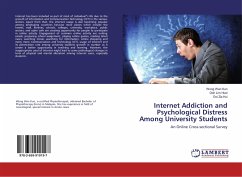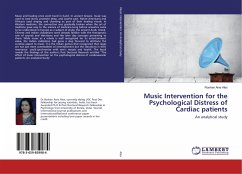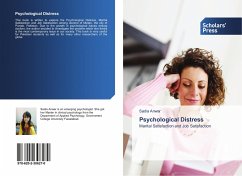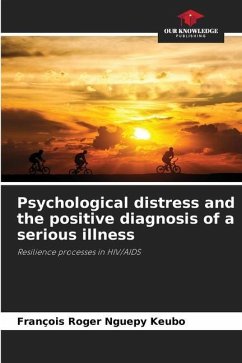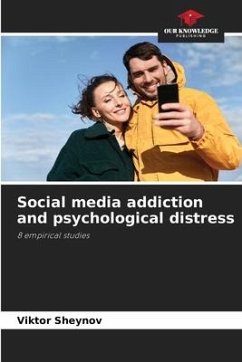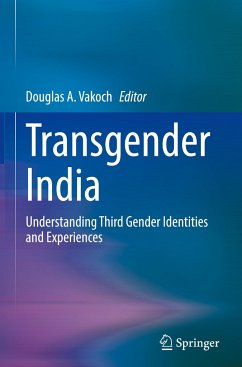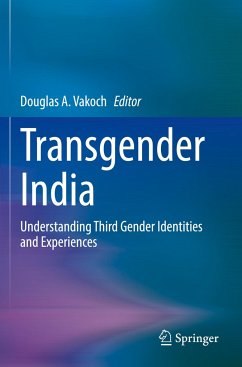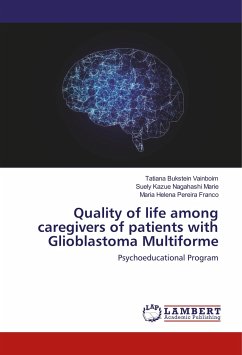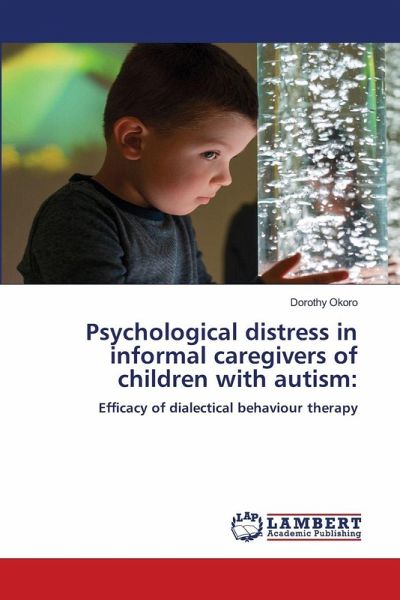
Psychological distress in informal caregivers of children with autism:
Efficacy of dialectical behaviour therapy
Versandkostenfrei!
Versandfertig in 6-10 Tagen
40,99 €
inkl. MwSt.

PAYBACK Punkte
20 °P sammeln!
This study investigated the predictors of psychological distress among informal caregivers of children with Autism Spectrum Disorder (ASD) and evaluated the efficacy of Dialectical Behaviour Therapy (DBT) in mitigating this distress. The research adopted a three-phase mixed-method approach. Phase One was the pilot study. Phase Two was a cross-sectional survey design testing help-seeking behaviour, health literacy, and perceived stigmatisation as predictors of psychological distress. Phase Three utilized a quasi-experimental pretest-posttest design to evaluate the efficacy of Dialectical Behavi...
This study investigated the predictors of psychological distress among informal caregivers of children with Autism Spectrum Disorder (ASD) and evaluated the efficacy of Dialectical Behaviour Therapy (DBT) in mitigating this distress. The research adopted a three-phase mixed-method approach. Phase One was the pilot study. Phase Two was a cross-sectional survey design testing help-seeking behaviour, health literacy, and perceived stigmatisation as predictors of psychological distress. Phase Three utilized a quasi-experimental pretest-posttest design to evaluate the efficacy of Dialectical Behaviour Therapy (DBT) in mitigating psychological distress. Standardized instruments, including the Kessler Psychological Distress Scale (K10), the General Help-Seeking Questionnaire, the Health Literacy Instrument for Adults, and the Perceived Stigmatisation Scale, were used for data collection. Findings revealed that only health literacy and perceived stigma significantly predicted psychological distress. Intervention outcomes demonstrated that DBT significantly reduced psychological distress.



